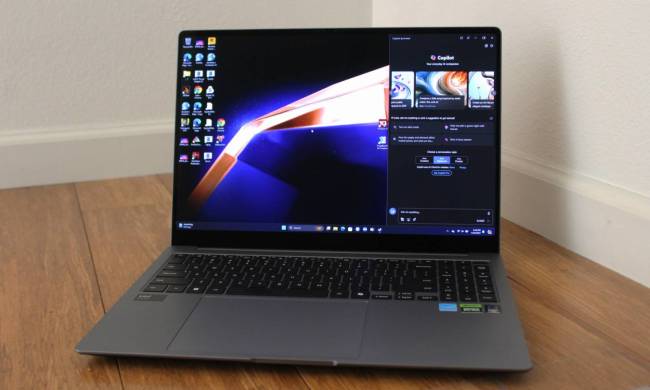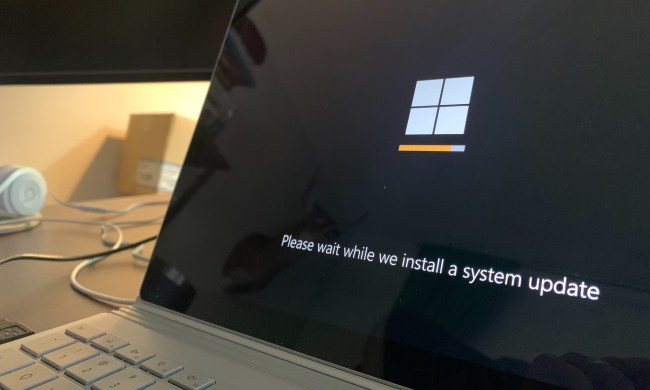About a week ago Microsoft launched one of the most hotly-anticipated Windows 11 features to Windows Insider beta testers. After Windows 11 launched without it, it finally became possible to run Android apps in Windows natively, thanks to the Amazon App Store and the Windows Subsystem for Android (WSA).
I was quick to try it out and get it running on my Surface Pro 8, and I truly thought it was a game-changing experience. After a few days of playing with Android apps in Windows 11, though, there’s a need to step back and look at the bigger picture.
It is true that this entire experience is still in beta, but there’s still a lot of work that needs to be done. When compared to what Google has accomplished with Android apps in Chromebooks, Windows 11 still have a long way to go.
Missing apps

If you enroll your PC in the Windows Insider Beta channel and try out Android apps in Windows 11, you’ll likely end up being disappointed. Right now, there’s only a collection of 50 or so apps that you can try out on
Instead, the store is populated with random kids games like Peppa Pig or Subway Surfers. Maybe Microsoft partnered with select developers (and could just be limiting the experience) to ensure that the apps that are available won’t crash. However, we don’t have an official answer as to why some apps were included and others were not. There hasn’t been an indication if this will change at launch, either.
Take some of the apps I enjoy on my Google Pixel 4XL as an example. I depend on these Android apps each day on my phone, and it would be a great productivity booster to have these same

Again, Microsoft did promise that more apps will be added in the coming months, but it didn’t say which ones. The Android apps that are currently officially available via the Amazon App Store aren’t exactly solid. It’s very reminiscent of the early days of the Windows Store on Windows 8. It launched with very little fanfare and love from developers.
Simply put, many of the Android apps people care about the most are not yet on Windows 11. When solid Progressive Web Apps or Windows apps are already available for many of these services, it’s hard to take the
No Google Play services

Part of the reason that there aren’t many solid Android apps in Windows 11 right now has to do with what’s under the hood. Officially, the Windows Subsystem for
Without Google Play Services, popular apps like Snapchat, or Chrome won’t run on Windows 11. Yet, this is also about the money, too. The Android version on which WSA is based is known as Android Open Source. But, that’s not the
Android Open Source does not include Google Play Services. And, the only way a device can run Google Play Services is if the device maker pays the licensing fees to get it fully certified by Google.
Basically, an Android device maker can not pick and choose things to exclude as part of that certification, and it’s how Google makes money off of Android with its own apps. This is why the WSA avoids the Google licensing and is based on open-source (free)
So, if Microsoft were to want Google Play Services, it’d have to pay the full Android licensing fee and include all of Google’s own
Mainly for developers and the community

In its current state, Android apps on Windows 11 are mainly for people who love to tinker with Windows. Since
Those things are for technical folk, but beyond developers and the Windows enthusiast community, Android apps on Windows 11 don’t make much sense in their current form. Especially when you can find decent web versions of
That’s a disappointment considering how big Microsoft made the initial announcement seem. Android apps on Windows? It seemed impossible. But as it stands today, it’s not something most people will get much use out of. It’s certainly not a reason to upgrade to Windows 11 all on its own.


